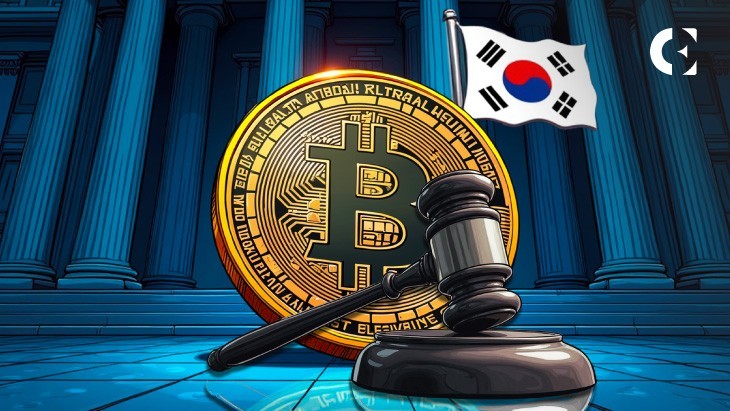South Korea’s Presidential Transition Committee has confirmed it is not conducting detailed reviews of banking sector proposals to ease digital asset regulations and expand nonbanking business opportunities. Committee spokesperson Cho Seung-rae explained that the panel continues to sort through various proposals and align them with existing policy frameworks and campaign pledges. He also added that stablecoin measures receive no special consideration during this organizational phase.
The Korea Federation of Banks has actively lobbied the new administration for regulatory overhauls that would enable greater banking participation in the digital asset sector. Their compiled proposals emphasize that virtual assets currently exist outside traditional banking oversight despite financial institutions’ increasing involvement in cryptocurrency services.
Banking Industry Argues for Regulatory Framework Updates
The banking sector argues that regulatory revisions would enable institutions to leverage their established credibility and consumer protection standards in virtual asset businesses. Banks argue that current regulations fail to address the reality of their growing involvement in the cryptocurrency market through various service offerings that bridge traditional finance and digital assets. This lobbying effort occurs as South Korea continues developing comprehensive frameworks for one of the world’s largest cryptocurrency markets.
Korea’s Presidential Committee Faces Pressure
The Presidential Transition Committee, operating as the National Planning Committee under President Lee Jae-myung, faces pressure to balance industry expansion demands with regulatory prudence. The committee’s methodical approach suggests deliberate consideration of potential implications rather than rapid policy implementation.
Concerns from the Bank of Korea add complexity to regulatory discussions, particularly regarding won-denominated stablecoins that could impact the effectiveness of monetary policy. The central bank has warned that private stablecoins using the national currency could complicate foreign exchange management and potentially undermine central bank monetary policy control.
These concerns align with international central banking caution regarding private digital currencies that might compete with or complicate traditional monetary policy tools. The Bank of Korea’s stance highlights broader debates about stablecoin regulation and central bank digital currency development within the global financial system.
The committee’s careful review process suggests that regulatory changes are likely to emerge through deliberate policy development rather than rapid industry accommodation. This approach may yield more comprehensive frameworks, but it could delay the banking sector’s expansion into digital asset services.
Related: South Korean Crypto Survey Reveals 34% of Investors Remain Bullish After Dip
Disclaimer: The information presented in this article is for informational and educational purposes only. The article does not constitute financial advice or advice of any kind. Coin Edition is not responsible for any losses incurred as a result of the utilization of content, products, or services mentioned. Readers are advised to exercise caution before taking any action related to the company.
Read the full article here

